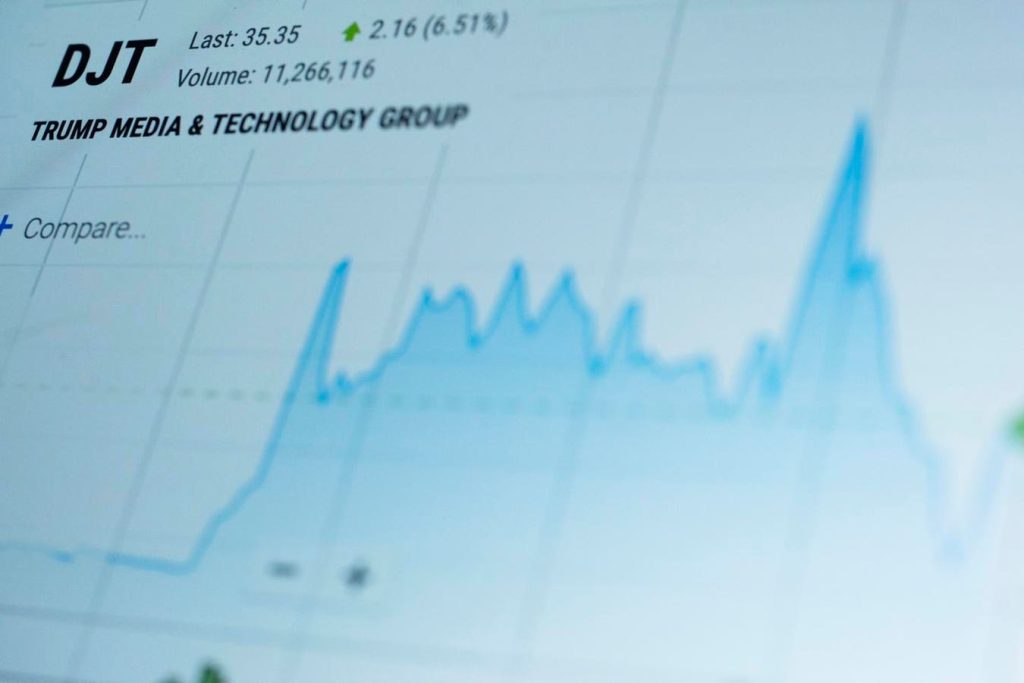Donald Trump’s lawyers recently argued in front of the Supreme Court that he has “presidential immunity” from criminal prosecution for official acts. Meanwhile, the CEO of Trump’s media company, Devin Nunes, has been fighting for his company’s stock to have immunity from falling in price. Shares of Trump Media and Technology Group (TMTG) have plummeted from $57.99 to $22.84, prompting Nunes to blame Wall Street short sellers for potential market manipulation that is hurting not only Trump and his inner circle but also everyday shareholders. Nunes has sought assistance from entities such as Nasdaq, Congress, and retail shareholders to address this issue.
TMTG has raised complaints of illegal short selling, alleging that some short sellers are engaged in naked shorting, which involves selling shares without securing them first. The company’s presence on the Nasdaq Reg SHO threshold list is one of the indications cited by TMTG of unlawful trading activity. However, legal experts are skeptical about these claims, stating that being on the list does not automatically signify illegal activity but may invite regulatory scrutiny. Additionally, a review of federal judiciary records and TMTG’s most recent SEC filing did not reveal any lawsuits related to short selling.
Despite Nunes’ public campaign to combat short selling, experts believe that neither legal nor illegal short sellers are the primary reason for the fluctuating share price of Truth Social. TMTG’s business fundamentals have been called into question, with the company reporting low revenue and a significant net loss. Investors seem to doubt the sustainability of the business, given its small user base compared to established social media platforms. The majority shareholder, Trump, who is restricted from selling or borrowing against his shares for six months, could potentially flood the market with shares in the future, impacting the stock price.
TMTG’s attempt to rally support against short selling by encouraging long-term shareholders to take action may not have a significant impact on limiting short selling. While the company’s campaign may provide comfort to retail shareholders, the underlying issues such as the company’s financial performance and lack of proven sustainability are prompting legitimate short sellers to bet against the stock. Trump’s ownership of a significant portion of the company’s shares and potential future moves to cash out could further affect the stock’s performance.
Despite Nunes’ efforts to garner support from Congress and other entities, legal experts view the strategy as problematic and unlikely to intimidate short sellers. The ongoing battle between TMTG and short sellers reflects broader concerns around the company’s viability as a business and the role of speculation in the market. The fundamental strength of TMTG’s business, insufficient revenue, and potential future actions by Trump as the majority shareholder are key factors influencing the stock’s performance.
In conclusion, the ongoing struggle between TMTG and short sellers highlights the complexities of the stock market and the challenges faced by companies with uncertain financial prospects. TMTG’s campaign against illegal short selling has met with skepticism from legal experts, who believe that the company’s underlying financial performance and credibility are the primary drivers of its share price volatility. As the company grapples with these challenges, the role of speculation, regulatory scrutiny, and the actions of key stakeholders such as Trump will continue to shape the future trajectory of Truth Social’s stock.


